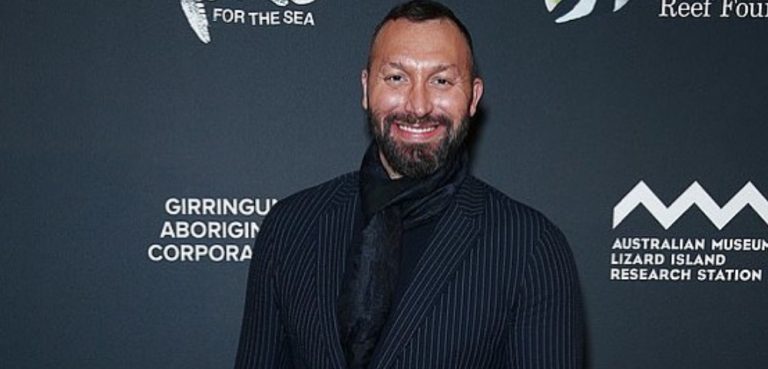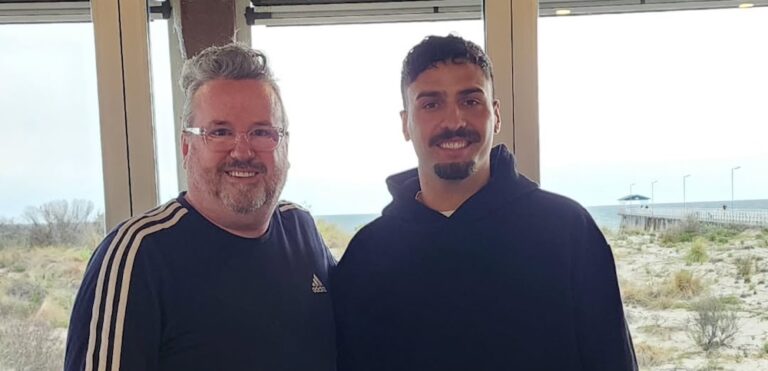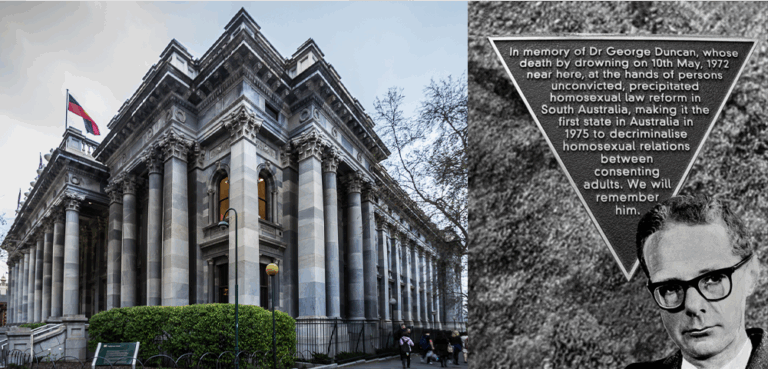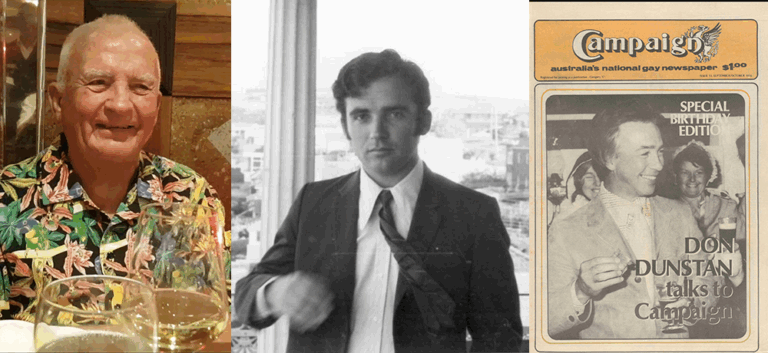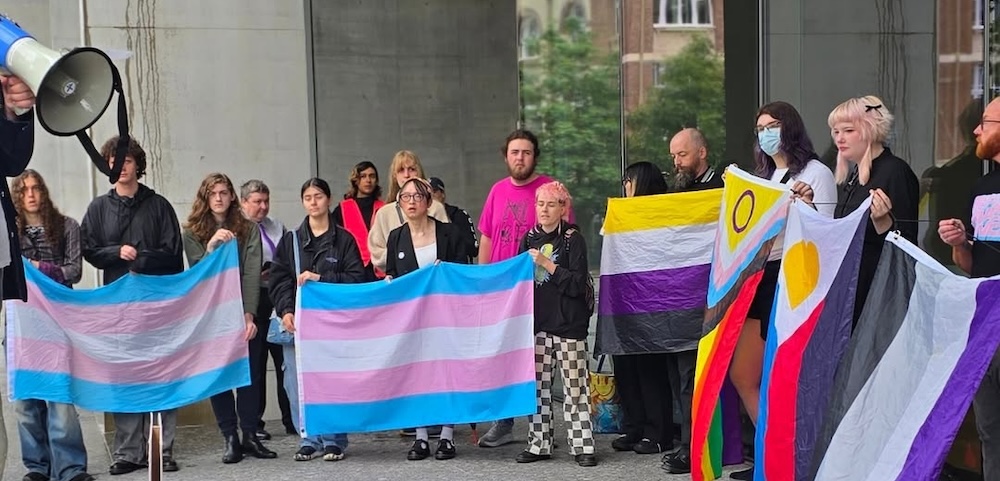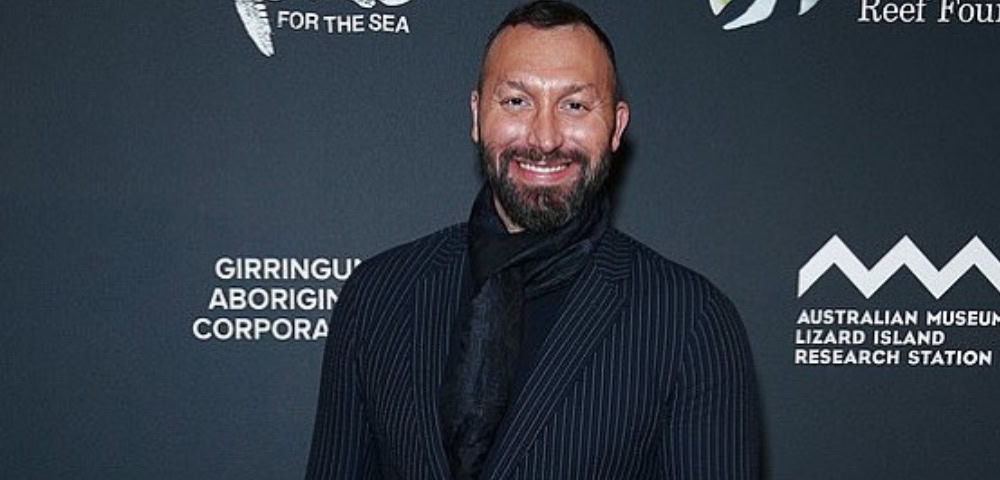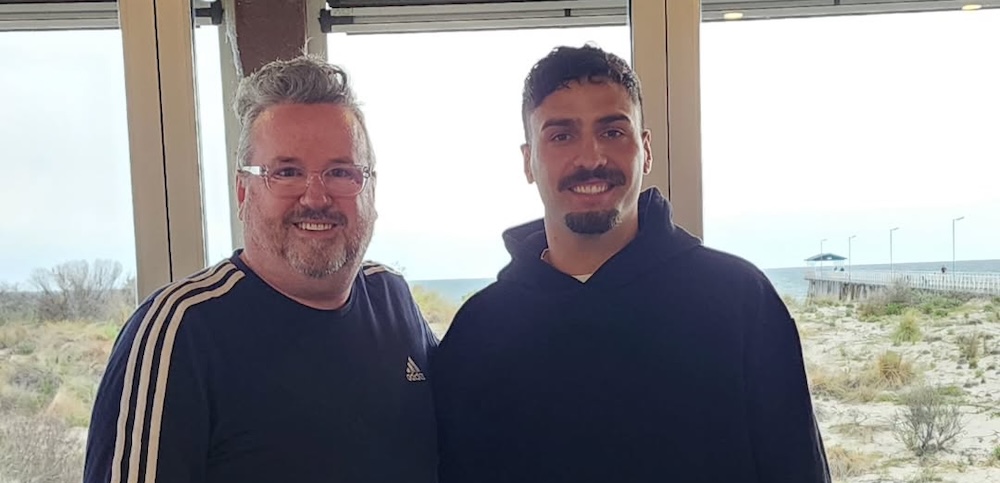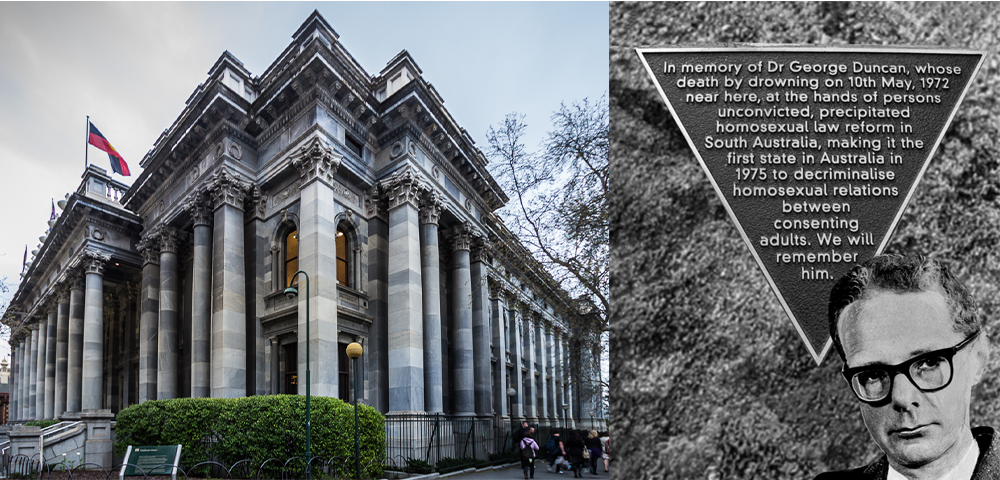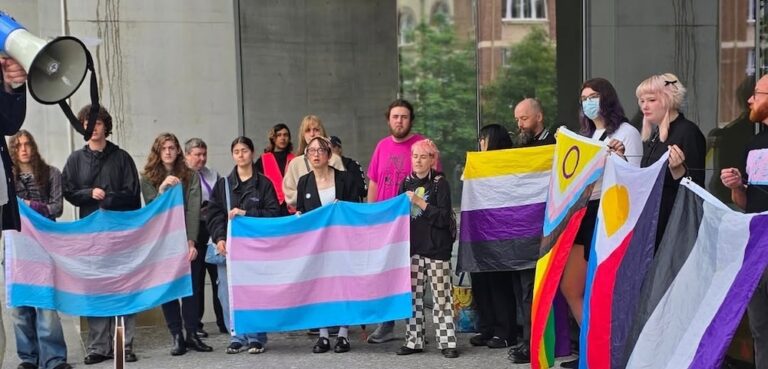
HIV Project Focuses On Overseas Born Gay & Bisexual Men In Australia
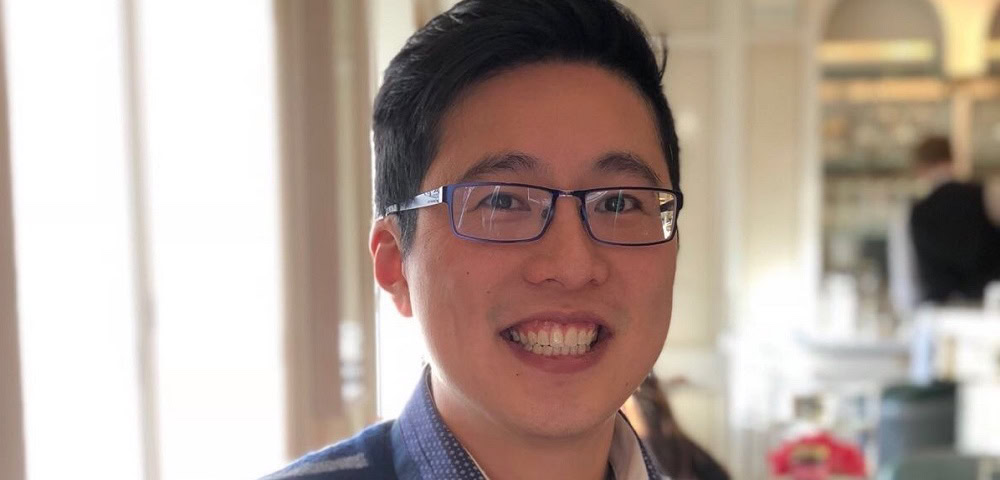
Gilead Sciences Australia New Zealand on May 25, 2021, announced the Australian recipients of the Gilead Getting to Zero Grant Program 2021, a global initiative supporting projects aimed at getting to zero new HIV infections.
Two projects – one focussing on overseas born gay and bisexual men and the second on Aboriginal and Torres Strait Islander people – are the recipients of the grant in Australia.
Accessing PrEP

The first Australian recipient to receive the Gilead ‘Getting to Zero’ Grant funding is Monash University for a project looking to improve access to HIV Pe-Exposure Prophylaxis (PrEP) for newly-arrived overseas-born men who have sex with men.
Newly arrived overseas-born gay, bisexual and other men who have sex with men (GBM) require an increased focus on HIV prevention, and strategies to encourage HIV testing and earlier diagnosis of HIV . Late HIV diagnoses in overseas born GBM have increased substantially (32%) over the past five years in contrast with a 47% decline in Australian-born gay men.
Associate Professor Doctor Jason Ong, a sexual health physician at Melbourne Sexual Health Centre, part of Monash University’s Central Clinical School and project lead said the funding from the Getting to Zero Grant will help enable overseas born GBM to access pre-exposure prophylaxis (PrEP).
“Success in HIV prevention is highly dependent on cooperation and insights from a range of stakeholders. While overseas-born MSM is a specific population, there are many different countries, associated cultures, behaviours and levels of education and awareness for HIV prevention and treatment within this community,” Dr Ong told Star Observer.
“Our project aims to utilise lessons from behavioural economics to quickly and efficiently engage many stakeholders to solve complex challenges and create intervention strategies to empower overseas born Gay & Bisexual Men (GBM) with a focus on Asian-born GBM to access PrEP,” Dr Ong said.
Less Access To HIV Prevention Methods
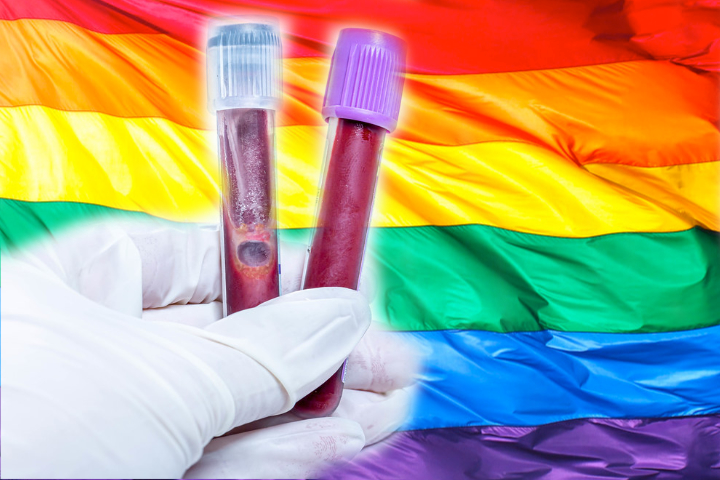
“There are many factors that could explain why recently arrived Asian gay men could have a higher risk for HIV. For example, at the individual level, there are fears of testing positive (related to associated stigma and discrimination, and fear that their visa status will be affected), low health literacy and not understanding of how to effectively navigate the Australian health system. At the structural level, those who are not eligible for Medicare have less access to effective HIV prevention methods like PrEP and PEP, unlike Australian-born GBM.” he added.
According to the latest data from the Australian Annual Surveillance Report (published by the University of New South Wales), there is a marked difference in HIV notification among Australian-born gay, bisexual and other men who have sex with men (GBM) (4 per 100,000) compared with GBM born in South East Asia (14 per 100,000). Strikingly, among HIV diagnoses in overseas-born GBM, the proportion that come from Asia has increased from 28% (2008) to 52% (2017).
Dr Ong also said, “ I am excited to receive this grant that will enable us to co-create “nudges” with the community to improve awareness and access to effective HIV prevention methods like PrEP so that individuals can protect themselves from acquiring HIV. Lessons from the successes of the field of behavioural economics can be integrated into the HIV sector to accelerate our progress towards eliminating HIV transmission for all Australians, regardless of their visa status.”
Rates of HIV & STIs Disproportionately High Among Aboriginal and Torres Strait Islander People
The second Australian Grant recipient is a new project by the Australian Federation of AIDS Organisations (AFAO) in partnership with the Anwernekenhe National HIV Alliance (ANA) to develop, a new program of HIV health promotion for Aboriginal and Torres Strait Islander communities and workforce capacity building materials for health workers engaged with Indigenous people.
Rates of HIV and STIs among Aboriginal and Torres Strait Islander people remain disproportionately high when compared with non‑Indigenous people, with the rate of HIV diagnoses in Aboriginal and Torres Strait Islander people now over two times the diagnosis rate in Australian-born nonIndigenous people.
“Australia’s Aboriginal and Torres Strait Islander communities will benefit greatly from HIV programs crafted specifically for them and by them. This is an important initiative that we warmly welcome,” said Colin Ross, Chair of Anwernekenhe National HIV Alliance (ANA).
AFAO and ANA program will provide Aboriginal and Torres Strait Islander communities and health workers with resources, knowledge, strategies and skills to help respond to these disproportionate rates of HIV and STIs experienced among this population.
Leave No One Behind
“While Australia’s HIV treatment and prevention effort is world-leading, we have not made enough progress among Aboriginal and Torres Strait Islander communities. The most powerful HIV responses are grounded in the values and practices of the communities they serve. These resources will strengthen the HIV response for Australia’s First Peoples,” said Darryl O’Donnell, CEO at AFAO
“We are committed to working in partnership with the Aboriginal and Torres Strait Islander Health sector and AFAO to fulfil this innovative work. This funding from Gilead will assist in strengthening our work and resolve in ‘Getting to Zero’ across our community for HIV and STIs,” concluded Mr Ross.
“Australia is one of the countries leading the way in striving for the UNAIDS 2030 targets, but there are still several populations, such as Aboriginal and Torres Strait Islanders and migrant populations, where continued focus and investment is critical if we are to achieve zero new transmissions in Australia,” said Jaime McCoy, General Manager, Gilead Sciences Australia New Zealand
“AIDS cannot be ended as a public health threat unless it is ended for all populations affected by the epidemic. We must leave no one behind!” said Dr Ong.
